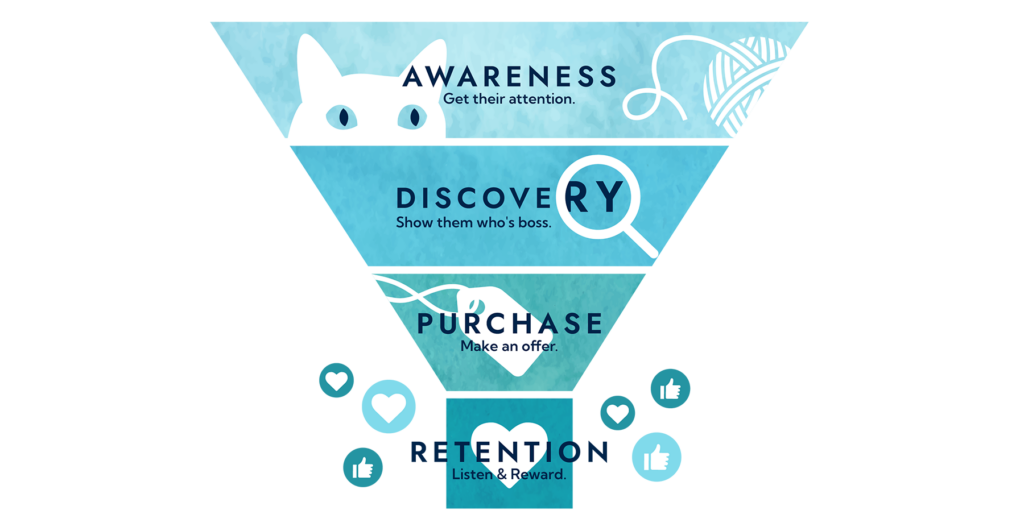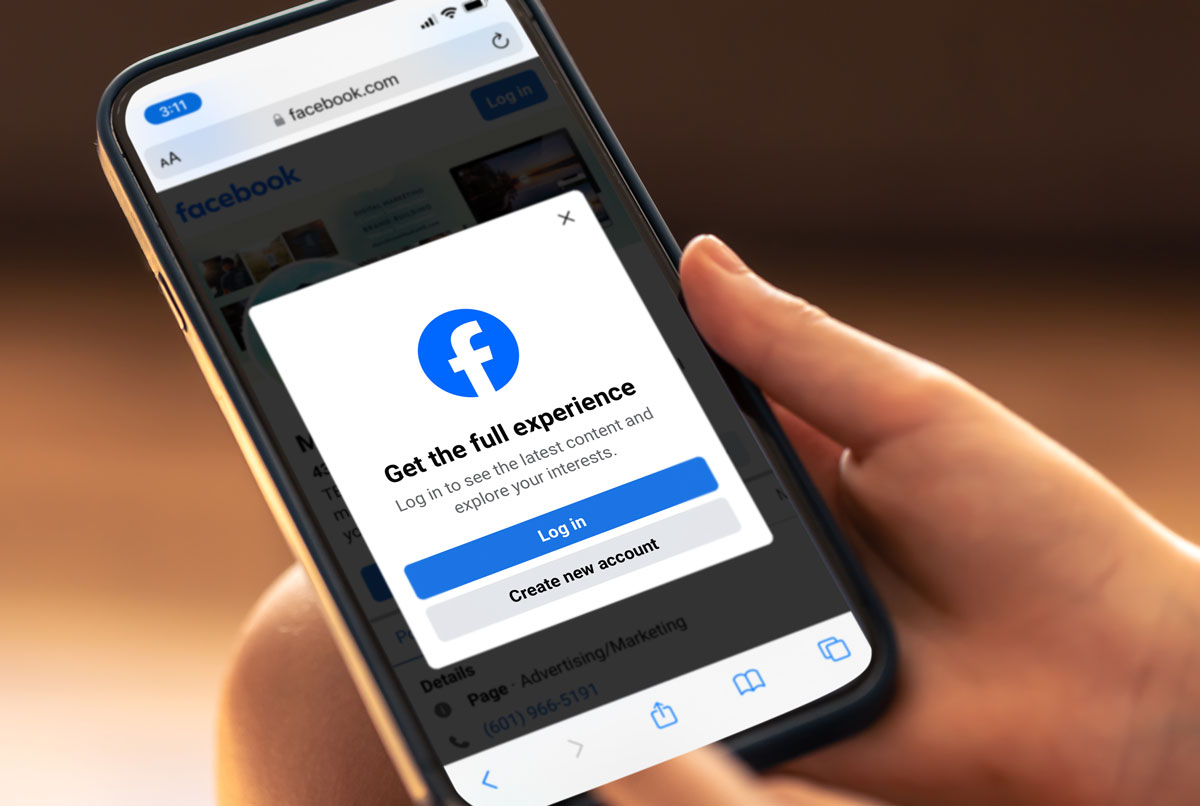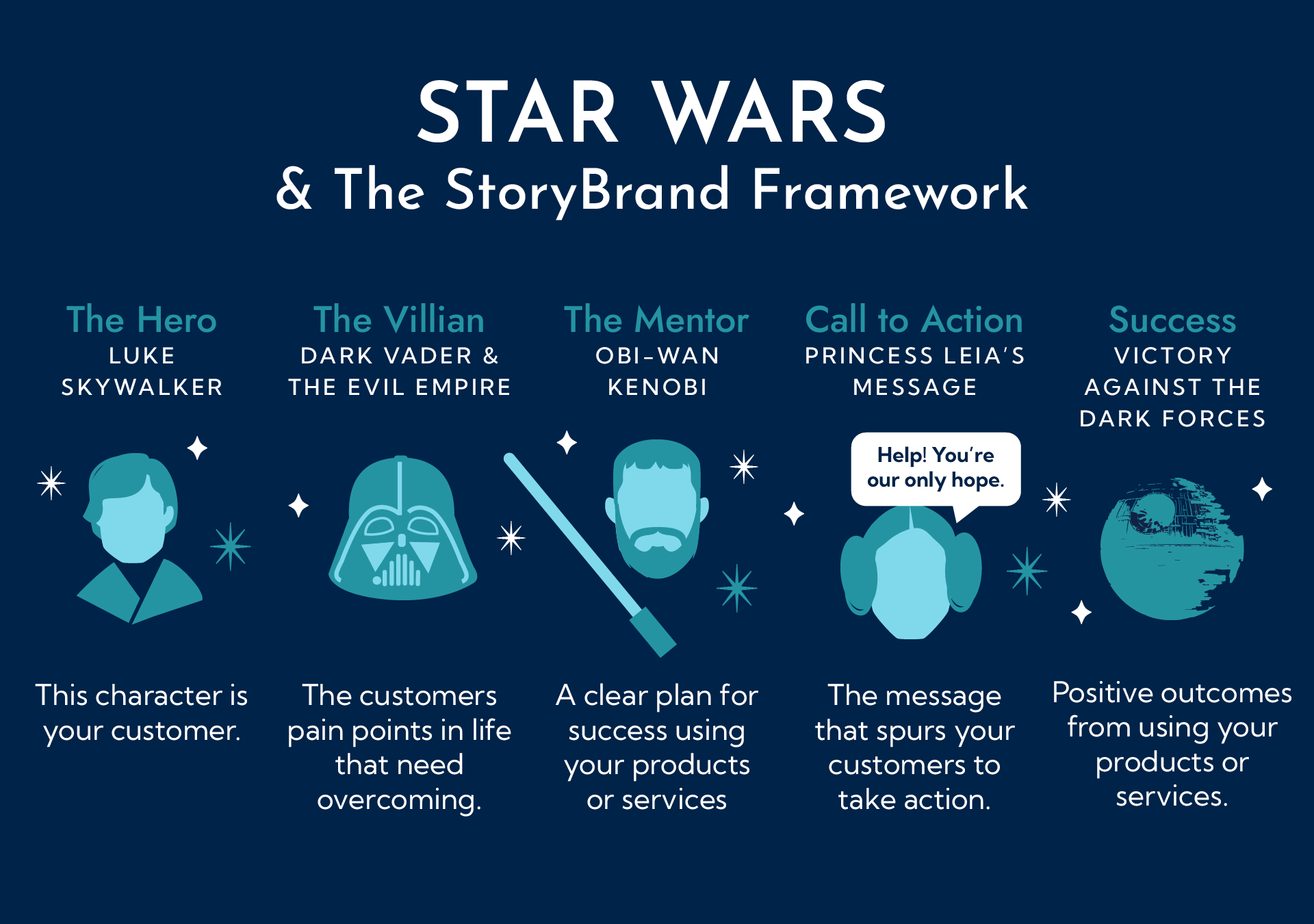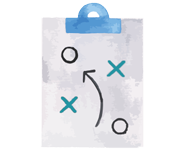A marketing funnel is a model that represents the journey a customer takes from the initial awareness of a product or service to making a purchase decision. It is often divided into several phases, each of which represents a different stage of the customer experience. Why is this important? Only 3% of potential customers viewing your website, social media, advertisement or email are actually ready to buy your product. To speak to the remaining 97% and convert them to buyers, your content should speak to their needs during the following stages:

Awareness Stage
This is the first phase of the marketing funnel, where potential customers become aware of your product or service. To attract attention in this phase, you need a strong, consistent brand image and a reason WHY they need your product or service. What problem does your business solve? How can you make their life better? At this stage, it is important to make a strong emotional connection through shared beliefs and frustrations.
Content Examples: If you sell home security systems, a campaign might contain statistics of burglaries in the area, headlines like “Keep your family safe” or authentic stories about how your product has helped a customer and made them feel more secure.
Consideration Stage
In this phase, the customer is aware of a problem and your product or service as a solution. They may actively seek out more information, engage with your content, or interact with your brand in some way. They may compare different offerings, read reviews, or seek recommendations from others. The goal in this phase is to provide them with compelling reasons to choose your brand over competitors, such as highlighting unique features, benefits, or value propositions.
Content Examples: If you sell home security systems, a campaign might highlight a unique feature not offered by other security systems, showcase each product and service in detail and its benefits, or provide testimonials from satisfied customers.
Purchase Stage
In this phase, customers have expressed intent to purchase and are actively researching or preparing to make a buying decision. They may be comparing prices, reading product specifications, or looking for discounts or promotions. The goal here is to facilitate the purchasing process and remove any obstacles or friction points that could prevent them from completing the transaction. Provide a seamless and satisfying buying experience that meets or exceeds their expectations, including factors such as smooth checkout processes, secure payment options, and clear communication about shipping and delivery.
Content Examples: If you sell home security systems, a campaign might be to offer a discount for the first year, first month of service for free or a bonus security camera for free. Be sure to include a clear call to action such as a BUY NOW button, or “Call us at 555-5555 to schedule a free consultation.”
Retention Stage
Keep existing customers engaged, satisfied, and loyal to your brand through ongoing communication, support, and value-added services. Happy customers are more likely to make repeat purchases and become advocates for your brand, helping to drive future growth and success.
Content Examples: If you sell home security systems, you could create a campaign to request feedback. Positive feedback become testimonials and negative is an opportunity to improve your services, offer new ones, and offer the customer for a future discount.
By understanding and optimizing each phase of the marketing funnel, businesses can create content that attracts, educates, and nurture customers, ultimately driving revenue and growth.
Do you need help with campaigns to target your customers in each stage of the sales journey? Book a meeting with us at MainStreetMediaMS.com and take advantage of our HOMETOWN DEALS.





